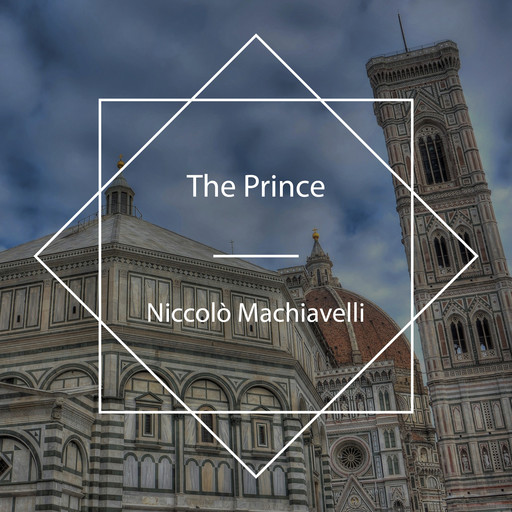Vi bruger cookies til at forbedre Bookmate-webstedsoplevelsen og vores anbefalinger.
For at få mere at vide, skal du læse vores cookiepolitik.
For at få mere at vide, skal du læse vores cookiepolitik.
Accepter alle cookies
Cookie-indstillinger
Noget gik galt. Prøv igen.

en
Lyd
Paul Adams
The Prince
Lyt med-app
Vurdering
Føj til hylde
Allerede lyttet til
Del
Facebook
Twitter
Kopier link
The Prince (Italian: Il Principe) is a political treatise by the Italian diplomat, historian and political theorist Niccolò Machiavelli. The descriptions within The Prince have the general theme of accepting that ends of princes, such as glory, and indeed survival, can justify the use of immoral means to achieve those ends. Machiavelli needs to be looked at as he really was. Hence: Can Machiavelli, who makes the following observations, be Machiavellian as we understand the disparaging term? 1. So it is that to know the nature of a people, one need be a Prince; to know the nature of a Prince, one need to be of the people. 2. If a Prince is not given to vices that make him hated, it is unsusal for his subjects to show their affection for him. 3. Opportunity made Moses, Cyrus, Romulus, Theseus, and others; their virtue domi-nated the opportunity, making their homelands noble and happy. Armed prophets win; the disarmed lose. 4. Without faith and religion, man achieves power but not glory. 5. Prominent citizens want to command and oppress; the populace only wants to be free of oppression. 6. A Prince needs a friendly populace; otherwise in diversity there is no hope. 7. A Prince, who rules as a man of valor, avoids disasters, 8. Nations based on mercenary forces will never be solid or secure. 9. Mercenaries are dangerous because of their cowardice 10. There are two ways to fight: one with laws, the other with force. The first is rightly man's way; the second, the way of beasts.
mere
- Copyrightindehaver
- Bookwire
- Forlag
- Erika
- Stemme
- Niccolò Machiavelli
- Udgivelsesår
- 2021
Har du allerede læst den? Hvad synes du om den?
👍👎
fb2epub
Træk og slip dine filer
(ikke mere end 5 ad gangen)
